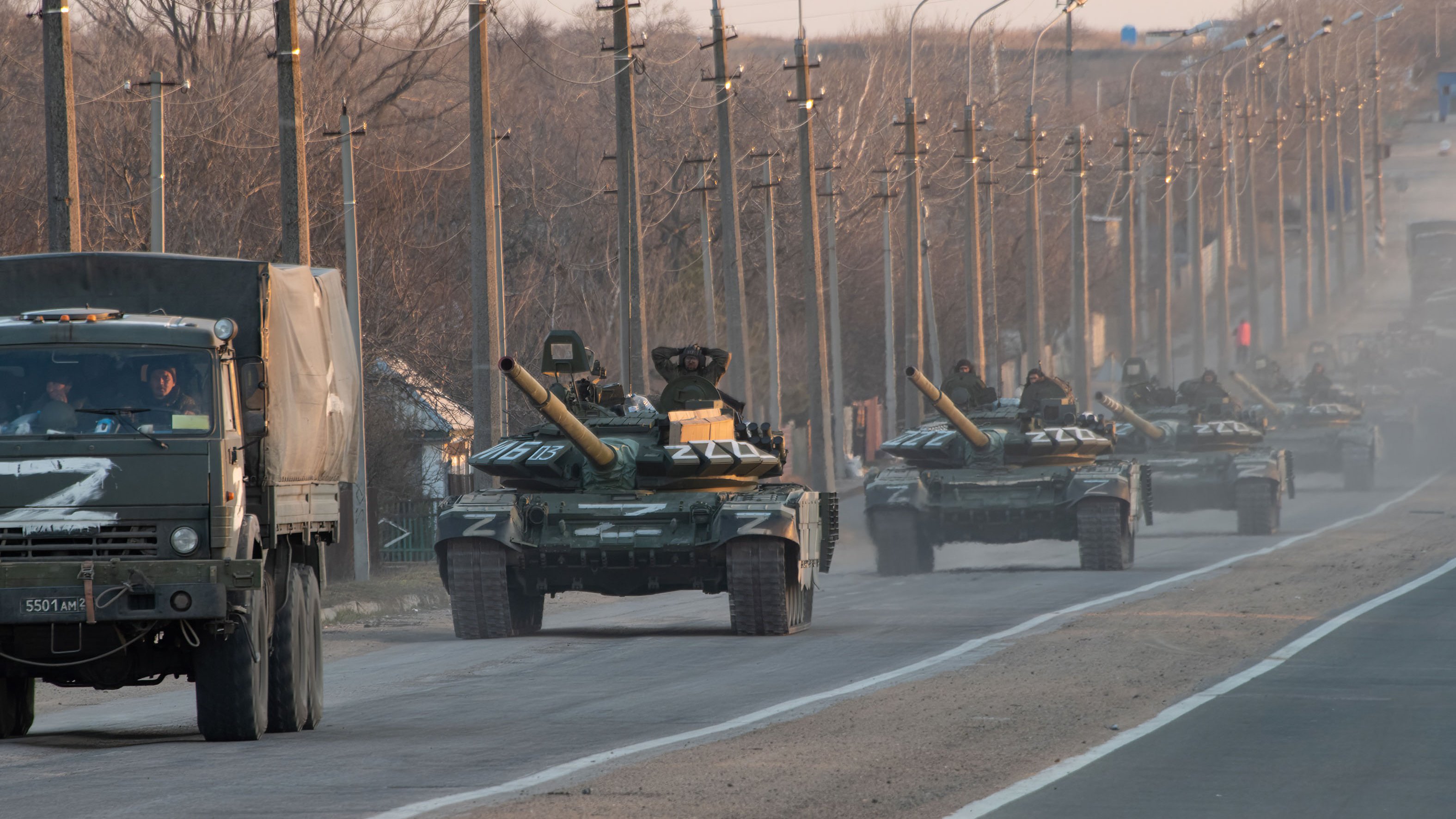When Corporal Artyom Fedorov’s death was announced on the social media of a local newspaper in the Russian federal division of Mari El on the first of the month, a woman left a lament in the comments: “Is anyone still left?”
She herself, Olga Burmistrova, is mourning the death of her nephew, Fedorov’s partner in a unit deployed on the first day of the war. The 31st Air Assault Brigade had already survived Chechnya and Georgia. But in Ukraine it suffered “great losses”, to the point of being on the verge of disappearing.
There are, according to reports, those who are still resisting: the brigade is one of the Russian military units that will now secure almost complete control of Severodonetskthe city whose future will determine the fate of the Donbass region, said Ukrainian President Volodymyr Zelensky.
But until you get there, in the first days of the armed conflict he was massacred by the resistance. This is what the statements of a Russian soldier from this brigade who was taken hostage by the Ukrainians suggest. The reports served as a slogan for The Moscow Times to describe Russian movements in the first 100 days of the war.
On the morning of February 24, day 1 of the war in Ukraine, paratrooper Nikita Ponomarev boarded a helicopter thinking he was on his way to an exercise in Grodna, Belarus. Only it was when the brigade entered Ukrainian airspace that the commander revealed to them that they were headed for war.
In the interview that, according to The Moscow Times, he gave to a Ukrainian blog, the Russian soldier repeats the records of other soldiers sent to war – and captured – saying what they felt when they realized they were leaving in a conflict: “The troops were shocked, the people turned gray.”
THE unit ended up landing in Hostomel, in the kyiv oblast (region) — 22 kilometers from the center of the Ukrainian capital and almost 550 kilometers from the city where he thought the 31st Brigade was headed. And it was right at the airfield that he witnessed the Ukrainian defense force.
The battle that took place there had two consequences. On the one hand, the failure of the assault air attack on Hostomel it became the first obstacle to taking kyiv. On the other hand, without the airfield in their hands, the Russians were left without a direct route to send weapons and supplies to the troops on the ground.
The brigade then decided to wait for this material, as well as more military units, to meet them in the vicinity of kyiv. They waited three days and all this material came by land in droppers.spreading across northern Ukraine, but insufficiently to secure control of the capital.
Suddenly, the Ukrainian artillery stormed the buildings occupied by the Russians. The battle lasted two hours, equipment was destroyed and dozens of soldiers were killed, Nikita Ponomarev described: “There was nothing left, not even a revolver. Hardly anyone survived that day.”
The military estimates that almost 60 soldiers will have lost their lives in that combat, some accounts say that at least 34 paratroopers from that brigade died between February 25 and March 7. One of them was a 31-year-old sergeant, Ilnur Sibgatullin. You the surviving commanders decided to withdraw the troops thereafter.
The brigade soon returned to the field, reports The Moscow Times. Only in Hostomel, and according to reports from the Ukrainian secret services, up to 50 paratroopers will have died in combat. In fact, of the 1,351 Russian soldiers who died in Ukraine in the first 100 days of the war, 19% would be paratroopers.
The 31 Brigade was one of the military forces the Kremlin withdrew from Ukraine on April 1, when Vladimir Putin’s regime changed tactics. Some of the soldiers returned to the country and were later stationed in Izyum, near Kharkiv. Others were sent to towns around kyiv. Y some members of the 31st brigade will be in Severodonetsk from the end of Maywhich will be controlled almost entirely by the Russians, according to Lugansk Governor Sergei Haidai.
None of this is a sign of motivation for the military unit: according to the Defense of Ukraine, there were soldiers who preferred to surrender to the enemy; and others will have simply refused to return to Ukraine. Is that “Wages are not paid, there is no drinking water, sanitation facilities or electricity in the camp,” a former soldier, Denis Tokarev, admitted to The Moscow Times.
Source: Observadora
